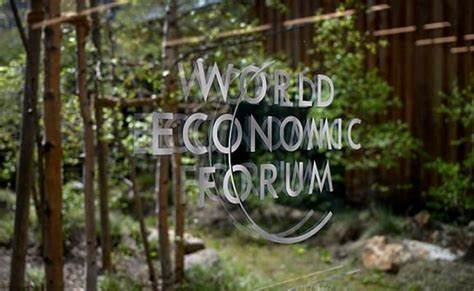Global Gender Gap Report of the World Economic Forum 2022 revealed a projected timeline for gender equality, estimating it to be achieved in 2154. Iceland ranked highest, while Afghanistan fared the worst.

The report assesses gender equality through four key areas: economic participation and opportunity, educational attainment, health and survival, and political empowerment. Iceland received a score of 0.874, indicating it is 87.4% on track to achieving gender equality. Afghanistan’s score was 0.278, showing it is only 27.8% on track.
Since 2006, the gender gap has narrowed by 68.6%, but progress has recently decelerated. The largest gap was observed in the political empowerment dimension, with minimal advancement in recent years.
The World Economic Forum report’s findings highlight the need for continued action to achieve gender equality. There are a number of things that can close the gender gap, including:
- Investing in education and training for girls and women.
- Providing equal opportunities for women in the workplace.
- Promoting women’s participation in politics.
- Addressing gender stereotypes and discrimination.
Closing the gender gap is essential for achieving a more just and equitable world. It is good for the economy.
World Bank Launches $100 Billion Plan to Tackle Natural Disasters
